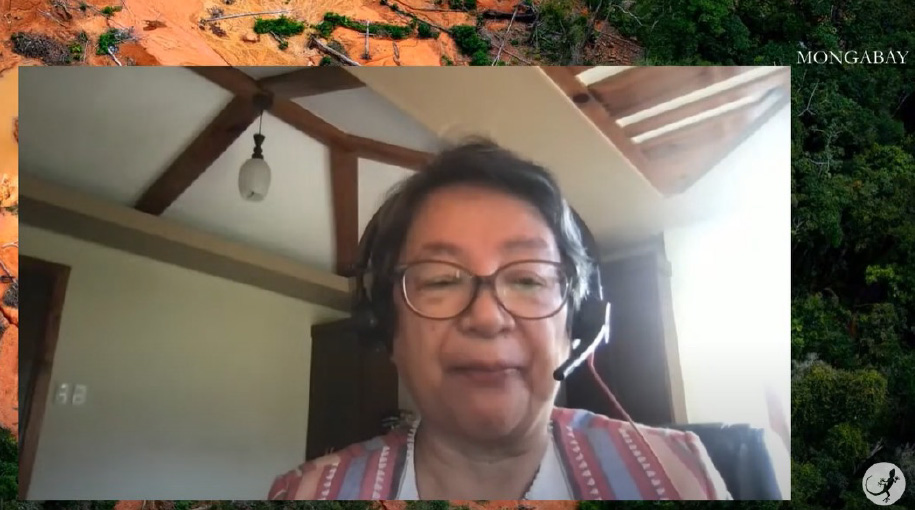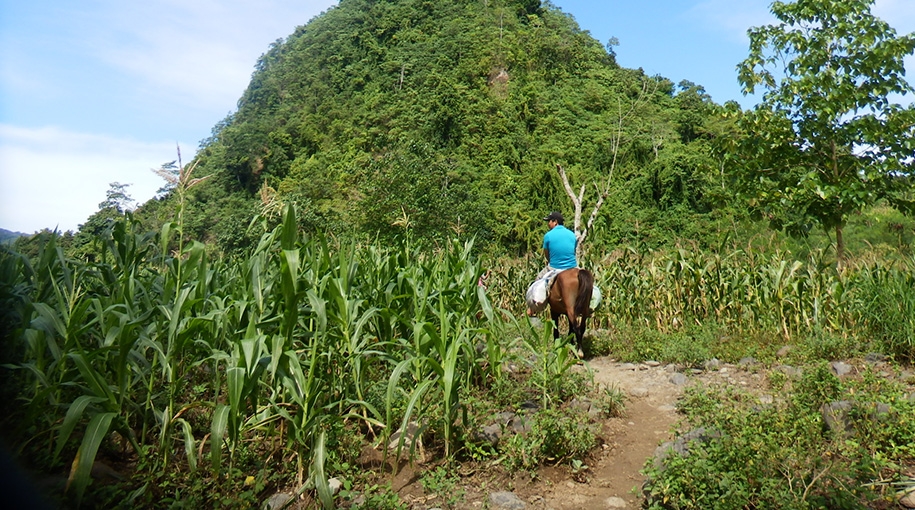“Knowing who are the ones responsible for these extractive industries and also knowing the methods they used to either get contracts or enter indigenous territories—and of course, one of the things not often talked about is the use of mining companies of mercenaries as their security forces—and the kinds of human rights violations that happen in the worst possible ways—is necessary in mitigating negative impacts of these initiatives. Identifying the methods that they are using to intimidate, to harass or to force indigenous peoples to open up to their operations is vital. Also, there is this thing called extractive industries’ transparent initiative and it talks about the benefits that indigenous peoples can receive—if there is any at all—but it does not talk about whether or not indigenous peoples have received these because such kinds of royalties go through government agencies.”

Victoria Tauli-Corpuz discussing extractive industries and their impacts on indigenous peoples during the Mongabay’s livestreamed event on YouTube.
Victoria Tauli-Corpuz, former UN Special Rapporteur on the Rights of Indigenous Peoples and Tebtebba Executive Director, one of the speakers during Mongabay’s webinar on Indigenous Land Rights and Extractive Industry Impacts on 6 October 2022, urged for the need to protect and promote indigenous peoples’ rights as well as ensure the proper implementation of approved projects within indigenous peoples’ territories with the approval and meaningful participation of indigenous peoples themselves.


